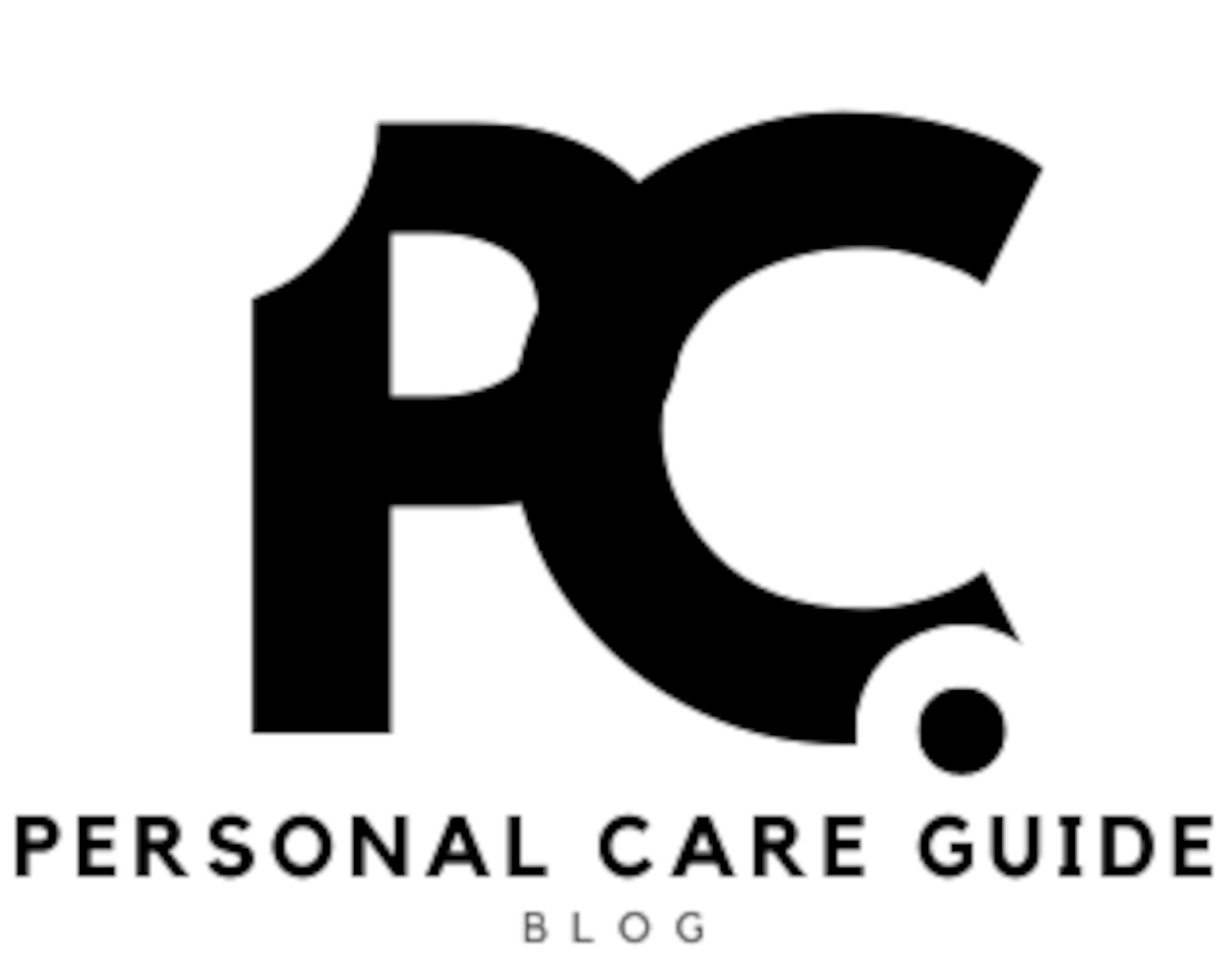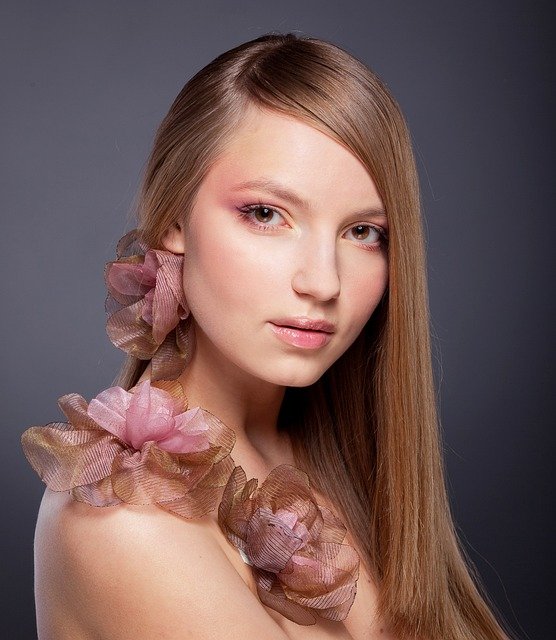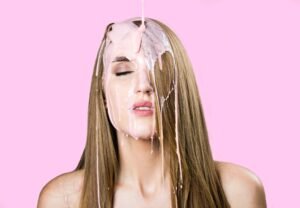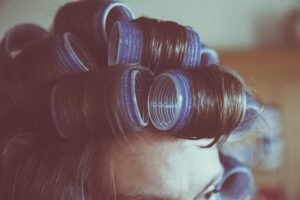When it comes to maintaining healthy and vibrant locks, the significance of using appropriate hair care products for damaged hair cannot be overstated. Our hair goes through a lot on a daily basis – from environmental stressors like pollution and UV rays to styling tools’ heat damage and chemical treatments. All these factors can leave our hair looking dull, frizzy, and lifeless.
Understanding the Needs of Damaged Hair
Before delving into the realm of hair care products for damaged hair, it’s crucial to understand the unique needs of compromised locks. Damaged hair is often characterized by dryness, split ends, breakage, and a lack of luster. Different types of damaged hair require tailored solutions, whether it’s due to heat styling, chemical processing, environmental factors, or genetics.
The Diversity of Hair Types
Our hair comes in various textures and types, each with its own set of challenges and requirements. From curly hair that tends to be prone to frizz and dryness to straight hair that may suffer from oiliness and limpness, there’s a vast spectrum of hair diversity to consider when choosing hair care products.
For instance, wavy hair often falls somewhere between curly and straight, requiring products that enhance its natural texture while providing hydration and control. On the other hand, fine hair may need lightweight formulations that add volume without weighing it down.
Furthermore, factors such as ethnicity play a significant role in hair care needs. African hair tends to be more fragile and prone to dryness and breakage, requiring gentle yet nourishing products to maintain its health.
The Impact of Environmental Factors
Environmental elements can wreak havoc on our locks, particularly for those who spend a lot of time outdoors. Surfers, for example, face the dual challenges of saltwater exposure and intense sunlight, which can strip the hair of its natural oils and lead to brittleness and fading.
Similarly, individuals with color-treated hair need specialized hair care products designed to preserve their vibrant hues and protect against fading caused by UV rays and environmental pollutants.
Choosing the Right Hair Care Products
With the myriad of hair care products available on the market, selecting the right ones for damaged hair can feel overwhelming. However, by understanding your hair type, its specific needs, and the environmental factors it’s exposed to, you can narrow down your options and find products that deliver optimal results.
Nourishing Treatments for Repair
For dry, damaged hair, intensive treatments such as hair masks and deep conditioning treatments can work wonders. Look for products infused with hydrating ingredients like argan oil, shea butter, and keratin to replenish moisture and restore vitality to your locks.
Additionally, incorporating leave-in conditioners and serums into your hair care routine can provide ongoing protection and hydration, keeping frizz and flyaways at bay.
Protective Styling Products
To shield your hair from heat damage caused by styling tools, invest in thermal protectant sprays or creams. These products form a barrier between your hair and the heat, reducing the risk of breakage and split ends while ensuring your style stays smooth and sleek.
Tailored Solutions for Specific Needs
Whether you have thinning hair that needs volumizing support or extensions that require gentle care to prolong their lifespan, there are specialized hair care products designed to address your unique concerns.
For individuals with fine, curly hair, lightweight styling mousses or gels can define curls without weighing them down, creating bouncy, defined ringlets.
Conclusion
In conclusion, maintaining healthy, beautiful hair is a journey that requires dedication and the right hair care products tailored to your individual needs. Whether you’re dealing with dry, damaged hair or seeking to enhance the natural beauty of your locks, there’s a plethora of options available to help you achieve your hair goals. By understanding your hair type, its unique challenges, and the environmental factors it faces, you can make informed choices that promote long-term hair health and vitality.







